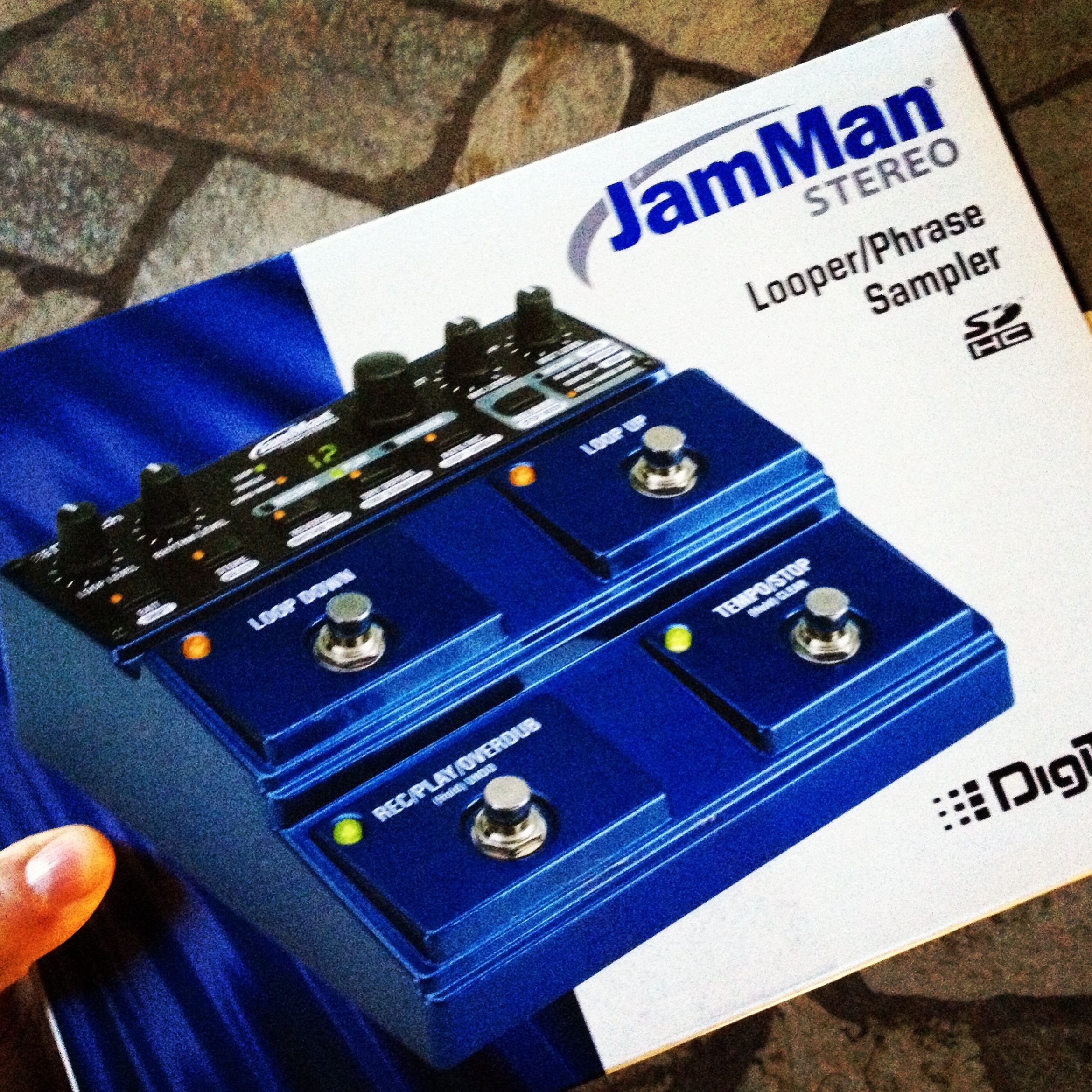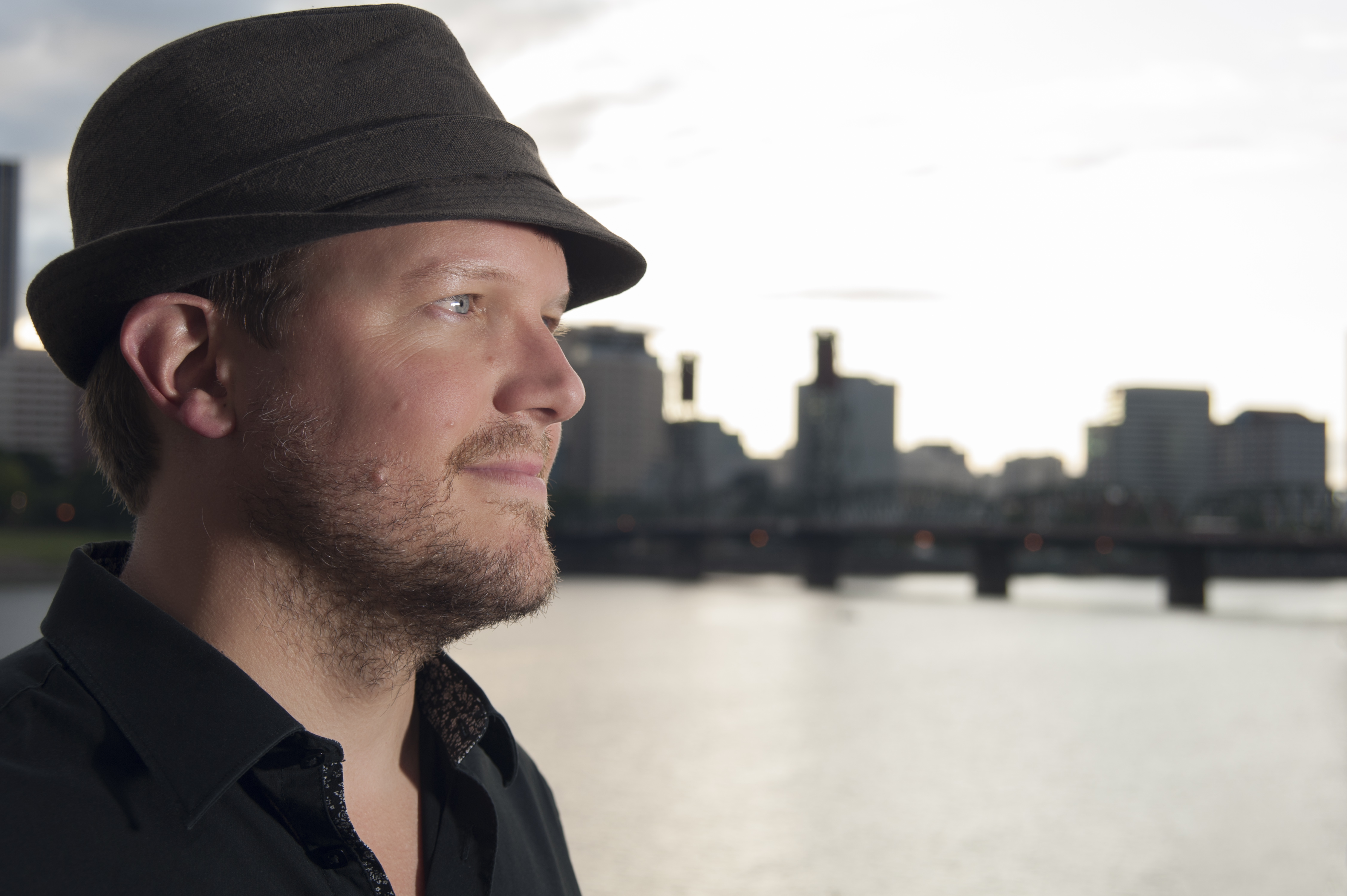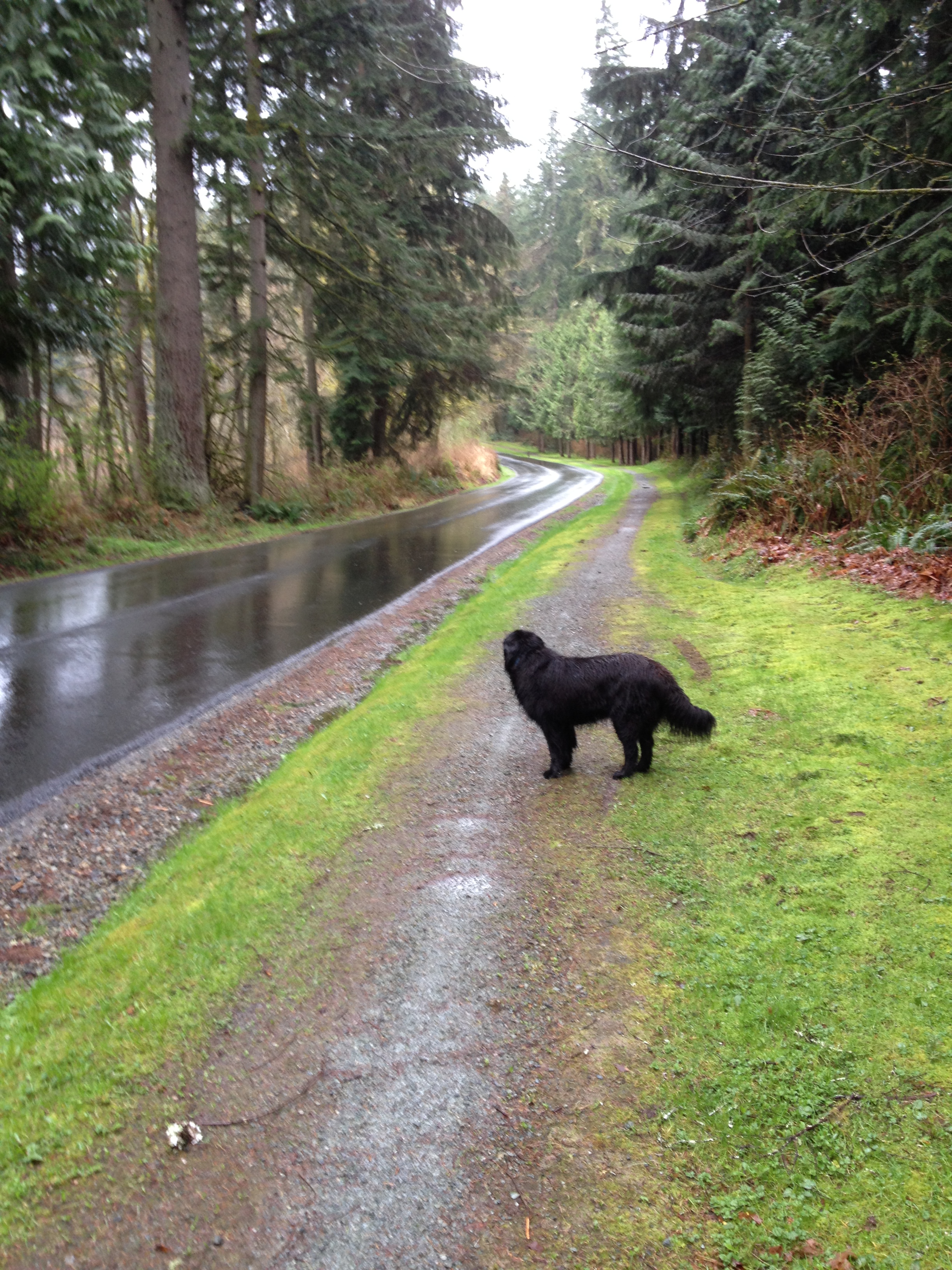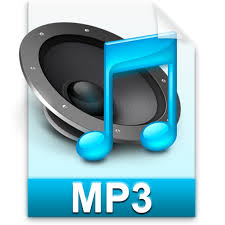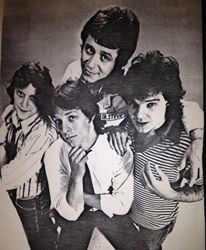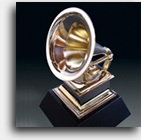Most every morning I walk my dog. That’s where I do a lot of my thinking about my own music and social media, about music marketing and about what’s happening with music and technology in general. I thought you all might want to come along and hear what was on my mind this Friday morning.
The subject of today’s podcast is gear. What is the role of gear in your music career? Have you recently purchased some new gear and has it made a big difference in your recording or live performance?
In this 5 minute episode I talk about my own experience and also my observations from watching Stevie produce local bands. I didn’t admit it in the podcast, but I’m not immune to the siren song of gear. I’m like a kid in a candy shop at Guitar Center. In fact, I purchased the JamMan Looper/Sampler pictured above in October of last year. I haven’t yet figured out how to use it.
It often seems that musicians are more willing to purchase expensive musical gear than to spend the same amount of money on music lessons, professional performance coaching, song critiques, marketing, or legal services. In my mind, expensive gear is a social signal – but what it signals to others is not necessarily what I think many musicians believe it signals.
[Tweet ““Give me a guitar, give me a piano, give me a broom and string, I wouldn’t get bored” ― Keith Richards”]
I’d love to hear your experience and your opinion on this issue in the comments section below. I’d also love your feedback on this format!

